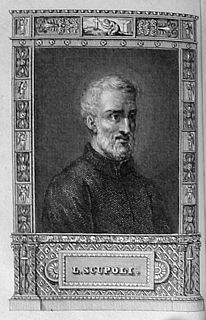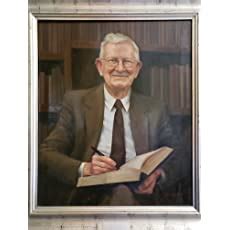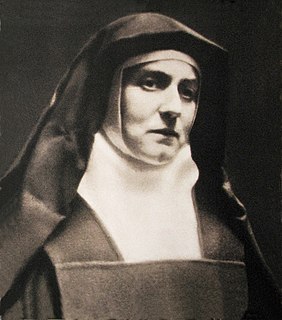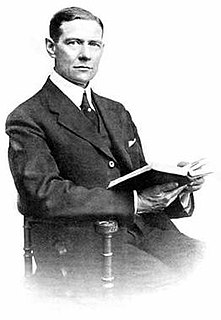A Quote by Wilhelm von Humboldt
Prayer is intended to increase the devotion of the individual, but if the individual himself prays he requires no formula; he pours himself forth much more naturally in self-chosen and connected thoughts before God, and scarcely requires words at all. Real inward devotion knows no prayer but that arising from the depths of its own feelings.
Related Quotes
Devotion is the essence of the path, and if we have in mind nothing but the guru and feel nothing but fervent devotion, whatever occurs is perceived as his blessing. If we simply practice with this constantly present devotion, this is prayer itself. When all thoughts are imbued with devotion to the guru, there is a natural confidence that this will take care of whatever may happen. All forms are the guru, all sounds are prayer, and all gross and subtle thoughts arise as devotion. Everything is spontaneously liberated in the absolute nature, like knots untied in the sky.
... if a man prays God for some virtue, and at the same time gives himself up to negligence, acquiring no definite means to gain this virtue, and making no effort towards it, truly this man tempts God, rather than prays. Thus the divine James says: 'The effectual prayer of a righteous man avails much' (Jms. 5:16). What avails to make prayer effective? is when, besides begging a saint to pray for him about something, the man also prays about it himself and with all diligence does everything necessary for obtaining his request.
If God's people hunger deeply enough, God will hear and send revival. God requires more than casual prayers for revival. He wants His people to hunger and thirst for His mighty working. To seek God's face is far more than occasionally mentioning revival in our prayer. It involves repeated and prolonged prayer. It requires holy determination in prayer, examining ourselves to see if anything in our lives is hindering God.
Like all good things, prayer requires some discipline. Yet I believe that life with God should seem more like friendship than duty. Prayer includes moments of ecstasy and also dullness, mindless distraction and acute concentration, flashes of joy and bouts of irritation. In other words, prayer has features in common with all relationships that matter.
Prayer is self-discipline. The effort to realize the presence and power of God stretches the sinews of the soul and hardens its muscles. To pray is to grow in grace. To tarry in the presence of the King leads to new loyalty and devotion on the part of the faithful subjects. Christian character grows in the secret-place of prayer.
The 'I' casts off the illusion of the 'I' and yet remains 'I'. Such is the paradox of Self-realization. The Realized do not see any paradox in it. Consider the case of the worshipper. He approaches God and prays to be absorbed in Him. He then surrenders himself in faith and by concentration. And what remains afterwards? In the place of the original 'I', self-surrender leaves a residuum of God in which the 'I' is lost. That is the highest form of devotion or surrender and the peak of detachment.
Prayer is the practice of drawing on the grace of God. Don't say, "I will endure this until I can get away and pray." Pray now - draw on the grace of God in your moment of need. Prayer is the most normal and useful thing; it is not simply a reflex action of your devotion to God. We are very slow to learn to draw on God's grace through prayer.
Before all things, the Teacher of Peace and the Master of Unity would not have prayer made singly and individually, as for one who prays only for himself. For we do not say, "My Father, who art in heaven"... Our prayer is public and common; and when we pray, we pray not for one, but for the whole people, because we the whole people are one.








































